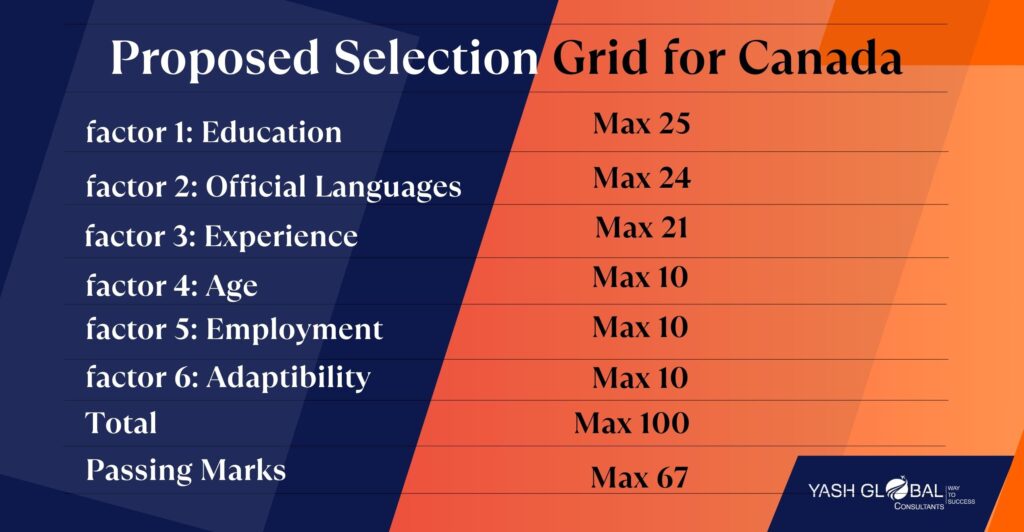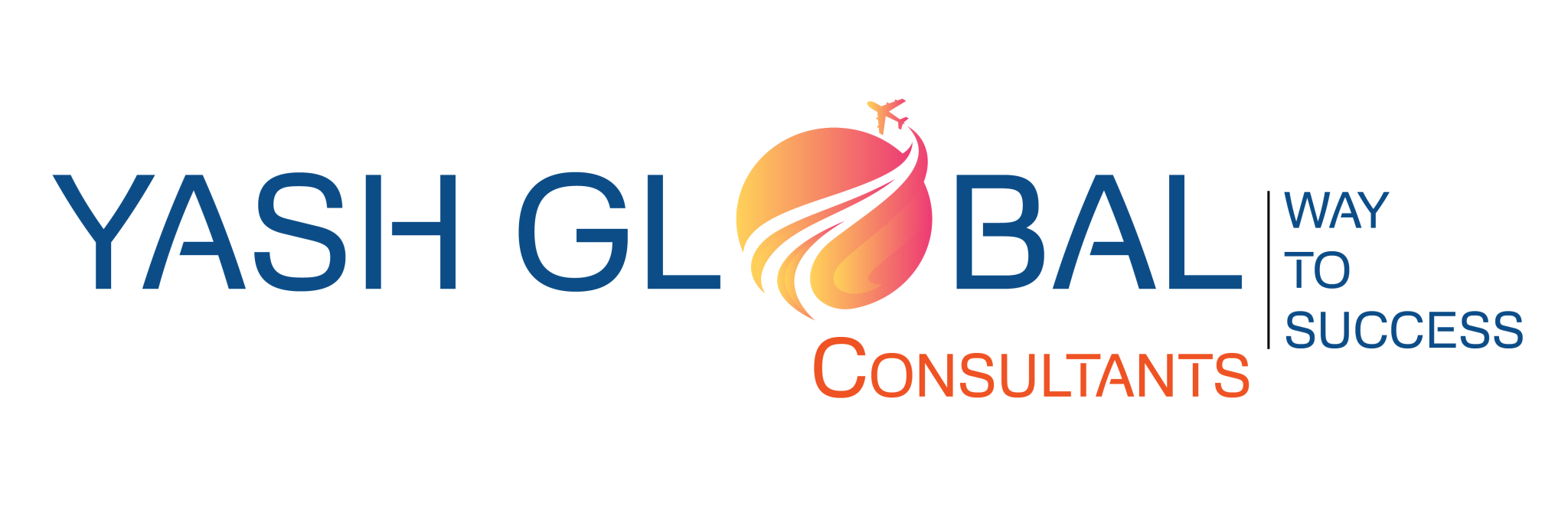How to get PR in Canada without a Job Offer Letter through Express Entry and PNP Program (Alberta and Ontario)
Not being able to discover a method to move to Canada despite trying. We will learn how to obtain a PR in Canada through the PNP (Alberta and Ontario) in this blog. Yes, you heard me right. Skilled persons with a minimum eligibility score of 67 may be able to gain Permanent Residency (PR) in Canada without a work offer letter. Steps include getting an Educational Credential Assessment (ECA) and meeting language competence criteria (CLB/IELTS 7). Because of their enduring appeal, desirable living standards, and wide range of options, Alberta and Ontario stand out. We will go into the specifics of this PR strategy, illuminating important factors and the whole procedure.
I can’t wait to talk more about this. A CLB/IELTS score of 7, an ECA, and meeting the minimum eligibility score of 67 are necessary for people seeking Canadian PR without a work offer letter. Alberta and Ontario are two provinces that have a particular allure for immigrants, partly because of their regular draws and high standards of living.
Finding Your Way to Canadian PR in Alberta and Ontario Without a Job Offer
Minimum CRS Score of 67:
The CRS score is a crucial consideration when applying for Canadian PR. This score takes into account a number of factors, including adaptability, age, education, and work experience. The first step towards eligibility is achieving a minimum score of 67 to start your PR journey.
Language Proficiency (CLB/IELTS 7):
The CRS score computation gives language proficiency a large amount of weight. It is essential to be fluent in either English or French, with a CLB/IELTS score of 7 or higher serving as the target.
Educational Credential Assessment (ECA):
To prove that your international educational credentials are comparable to Canadian requirements, you must submit an ECA. It not only raises your CRS score but also offers an impartial evaluation of your academic achievements, which is essential for the immigration procedure.
Your Way to Canadian PR: the Charm of Alberta and Ontario
Provincial Nominee Programs (PNPs):
The Provincial Nominee Programs in Alberta and Ontario, which provide specialized immigration options, stand out. Notably, these provinces hold draws frequently and invite applicants whose CRS scores fall below the federal draw criteria. Your chances of earning an Invitation to Apply (ITA) for PR are increased by this innovative strategy.
Quality of Life:
Both Alberta and Ontario offer a high standard of living, first-rate medical care, and superior educational opportunities. For immigrants looking for a variety of experiences, Alberta’s serene landscapes and economic prospects, along with Ontario’s vibrant urban centers, make them alluring options.

Key Considerations to Amplify Your PR Prospects
Continuous Draws:
A wider range of candidates can participate in the PR process because to Alberta and Ontario’s frequent draws. This draw approach greatly increases the likelihood of earning an ITA and moving forward with the PR application.
Adaptability Factors:
A higher CRS score can be attributed to elements like prior Canadian work experience, Canadian education, and family ties. Even in the absence of a job offer, these characteristics improve your eligibility for PR.
Overall, it is possible to obtain Canadian PR without receiving a job offer if you use the appropriate approach. It entails attaining the necessary CRS score, demonstrating language proficiency by CLB/IELTS 7, and receiving an ECA. The Provincial Nominee Programmes in Alberta and Ontario offer fantastic chances to obtain ITAs for PR. With a streamlined immigration process and a plethora of advantages for immigrants, these provinces hold out hope for a bright future for anyone seeking to relocate to Canada.
Frequently Asked Questions
The minimum CRS score required for eligibility in the Permanent Residency (PR) process without a job offer in Alberta and Ontario is 67. This score is calculated based on various factors like age, education, work experience, language proficiency, and adaptability. Achieving a CRS score of 67 is the first step toward becoming eligible for the PR application process.
Proficiency in either English or French is a crucial factor in the Comprehensive Ranking System (CRS) score. To meet the language proficiency requirement for Canadian PR in Alberta and Ontario, you need a minimum CLB/IELTS score of 7 or above. Demonstrating strong language skills enhances your CRS score and improves your chances of securing an Invitation to Apply (ITA) for PR.
An Educational Credential Assessment (ECA) is mandatory to demonstrate the equivalency of foreign educational qualifications to Canadian standards. Obtaining an ECA serves multiple purposes: it boosts your CRS score, provides a fair evaluation of your educational qualifications, and is crucial for the Canadian immigration process. It helps immigration authorities understand the value of your education in the context of Canadian requirements.
Alberta and Ontario are known for their Provincial Nominee Programs (PNPs), which offer immigration pathways to skilled individuals. Frequent draws are a significant feature of these PNPs, where candidates with CRS scores below the federal draw cutoff can be invited to apply for PR. These draws increase the chances of receiving an Invitation to Apply (ITA) and advancing through the PR application process.
Alberta and Ontario offer attractive living standards, excellent healthcare, and quality education. Alberta’s picturesque landscapes and economic opportunities, as well as Ontario’s vibrant urban centers, make them appealing choices for immigrants seeking diverse experiences. Additionally, both provinces conduct regular draws, making the PR process more accessible. Adaptability factors, such as prior work experience, Canadian education, and family connections, also play a role in enhancing your CRS score and eligibility for PR without a job offer.



Leave a Reply